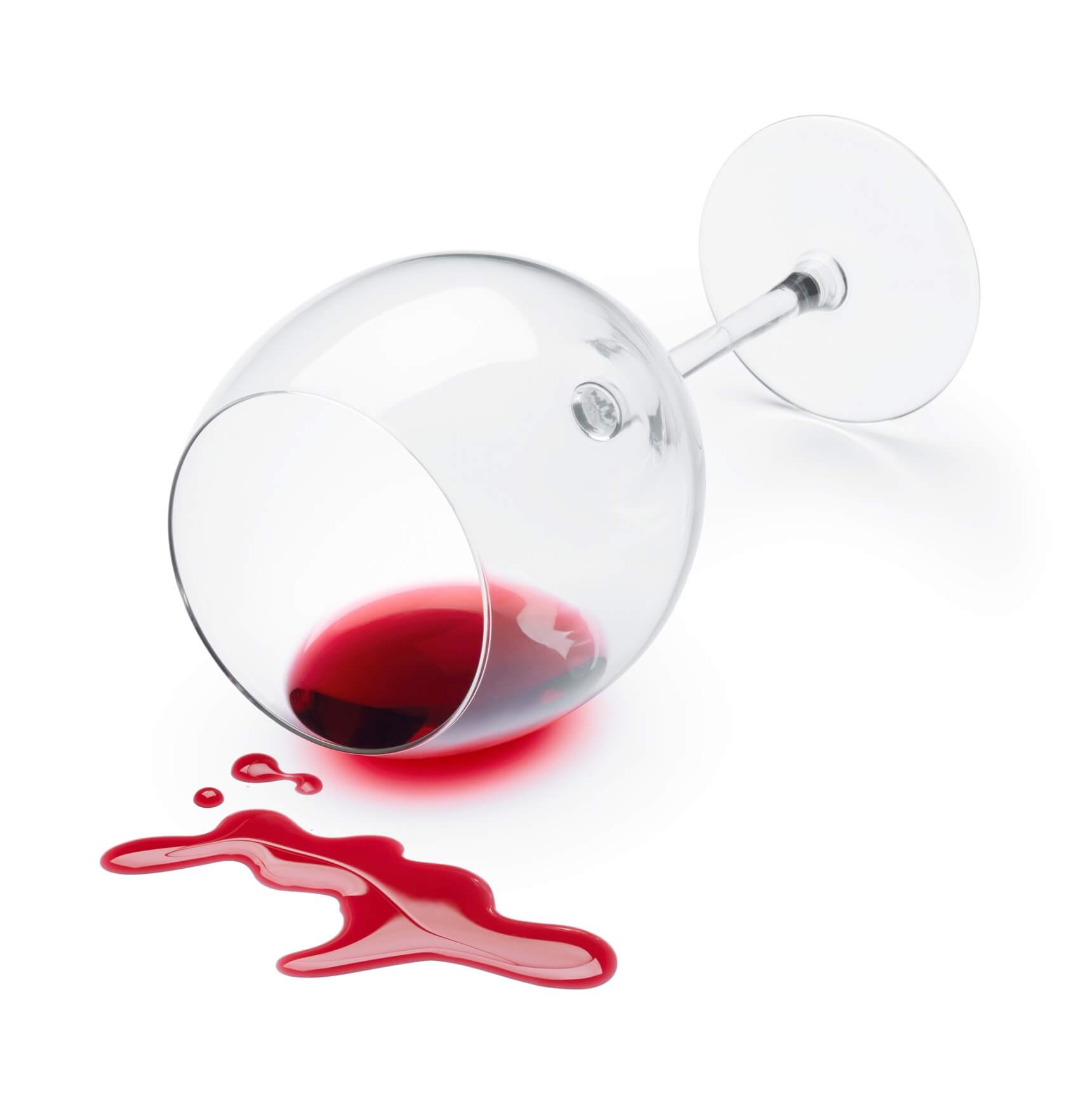 Alcoholism is a disease that affects a person’s ability to manage their drinking habits (consumption of alcoholic beverages). It is estimated that over 15 million people living in the United States have an alcohol use disorder- which means their drinking causes distress or harm.
Alcoholism is a disease that affects a person’s ability to manage their drinking habits (consumption of alcoholic beverages). It is estimated that over 15 million people living in the United States have an alcohol use disorder- which means their drinking causes distress or harm.
Alcohol abuse can lead to several medical complications including an increased risk of certain cancers, liver disease, digestive problems, diabetes, bone damage, heart disease and neurological disorders. It can also lead to dangerous and destructive behaviors which can negatively impact relationships, one’s personal safety as well as the safety of others.
There are warning signs and symptoms that are indicative of alcohol abuse; they include:
- Drinking more or longer than intended
- Having a high tolerance for alcohol
- Drinking that leads to memory loss
- Drinking daily
- Consuming alcohol in places where drinking is inappropriate
- Losing interest in appearance
- Engaging in risky or unsafe behaviors
- Losing interest in activities that were once of importance
- Becoming defensive about drinking habits
- Feeling depressed when not drinking
- Experiencing mood swings
- Denying alcohol abuse
Paying attention to these signs is important, as some are subtle and may go unnoticed. The sooner professional help is received, the better the chance of recovery. A trained addiction specialist or mental health professional can provide the support or assistance needed to treat alcohol dependence. Treatment may include a combination of medication and counseling.
To schedule an appointment with a professional that is highly trained in the treatment of addiction, please call 718-670-5078.
All content of this newsletter is intended for general information purposes only and is not intended or implied to be a substitute for professional medical advice, diagnosis or treatment. Please consult a medical professional before adopting any of the suggestions on this page. You must never disregard professional medical advice or delay seeking medical treatment based upon any content of this newsletter. PROMPTLY CONSULT YOUR PHYSICIAN OR CALL 911 IF YOU BELIEVE YOU HAVE A MEDICAL EMERGENCY.
